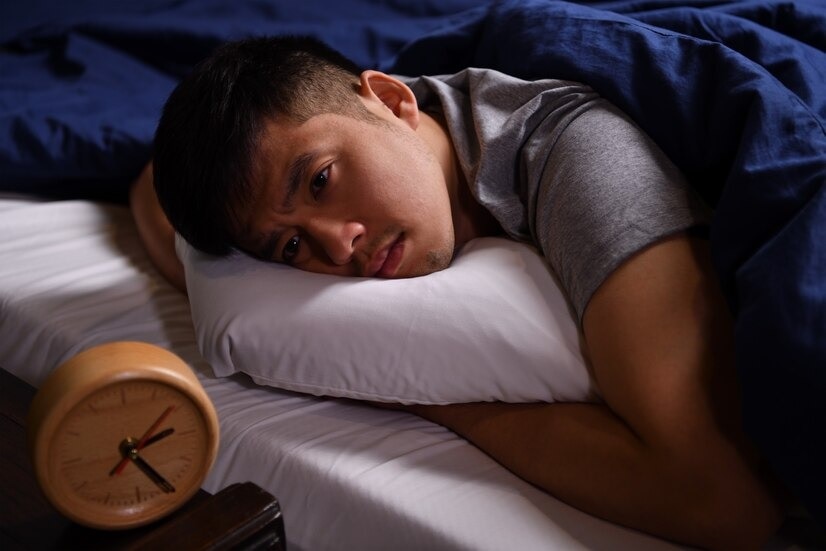Lack of sleep can have a significant impact on blood sugar levels, which is indirectly harmful for those suffering from diabetes. Here’s how!
Diabetes is a health condition in which the body is unable to produce insulin properly. This causes excess levels of glucose in the blood. The most common types are type 1 and type 2 diabetes. Safely maintaining your blood sugar may minimise the symptoms you experience.
To control diabetes, the first thing one should do is to change lifestyle patterns. As per doctors, sleep is extremely essential to keep your glucose levels in check. Lack of sleep can have a significant impact on blood sugar levels, which is indirectly harmful for diabetics.
Here’s How Lack of Sleep Affects High Blood Sugar Levels
- Increased Insulin Resistance: Lack of sleep can lead to increased insulin resistance, making it more difficult for cells to respond to insulin and regulate blood sugar levels effectively. This can lead to high blood sugar levels over time.
- Elevated Stress Hormones: Sleep deprivation can trigger the release of stress hormones such as cortisol, which can lead to increased blood sugar levels. Chronically elevated cortisol levels can lead to insulin resistance and worsen diabetes management.
- Increased Food Cravings: Lack of sleep can make you hungrier the next day and reduce feelings of fullness after eating. This can lead to reaching for high-carb and sugary foods, further impacting blood sugar levels.
- Disrupted Circadian Rhythm: Sleep disturbances can disrupt the body’s natural circadian rhythm, affecting various physiological processes, including glucose regulation. Consistent sleep patterns are essential for maintaining stable blood sugar levels.
- Impaired Glucose Tolerance: Sleep deprivation affects the body’s ability to manage glucose metabolism. Even after consuming carbohydrates, irregular sleep patterns can lead to spikes in blood sugar levels.
Studies say your body handles insulin less efficiently when sleep-deprived which causes insulin resistance – leading to uncontrolled diabetes. It is important to practice good sleep hygiene for individuals with diabetes to maintain optimal blood sugar control and overall health.






